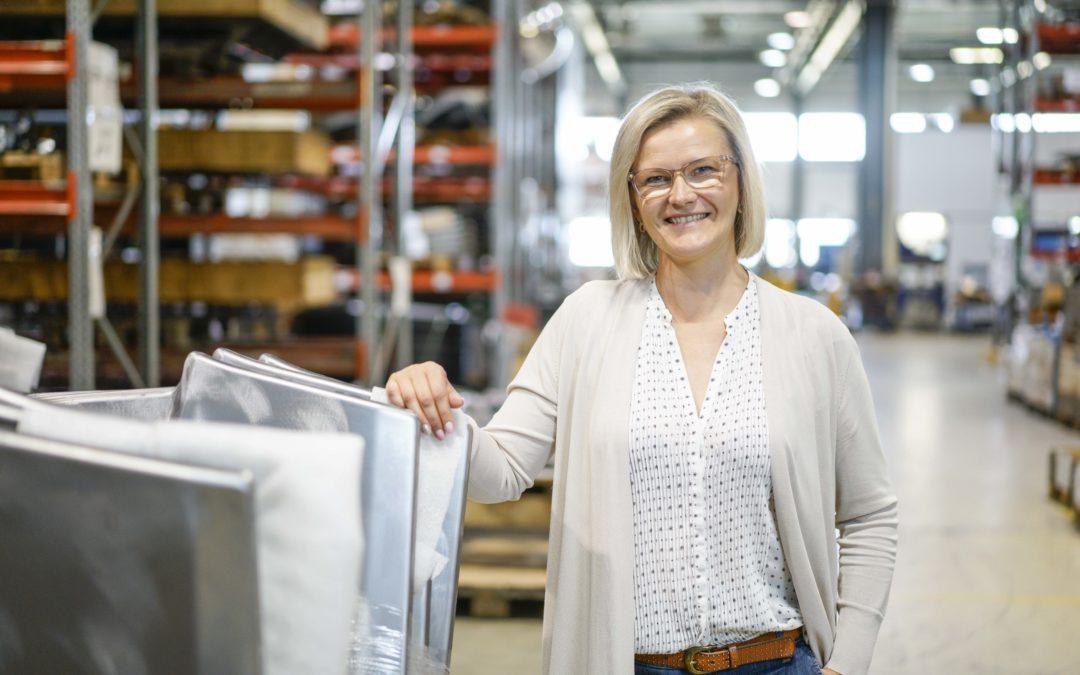In recent years, occupational wellbeing and its development have been written about and discussed almost to the point of tedium. There is no denying that this is an important topic. But there are times when I feel irritated by articles and topical programmes on the subject. Wellbeing at work is almost invariably addressed as if it’s a matter for employers and managers only. Since occupational wellbeing is important to all of us, this is a somewhat one-sided perspective.
Of course, employers and managers have major responsibility for ensuring that things go as well as possible at work. I’m sure that everyone wants their workplace to be a safe environment, where everyone’s work is valued. Of course, we’d all like an opportunity for competence development, and to have an impact on the content of tasks and the working atmosphere.
I would like to emphasise the word, ‘impact’. With our know-how, behaviour and personalities, we can all impact on the work community, our colleagues, our managers, and the content of our work.
Shared responsibility for a thriving work community
All of us, including you and I, share responsibility for ensuring occupational wellbeing and a pleasant work environment. Studies show that the joy of work consists in feeling necessary and important to the work community, rather than in job titles and pay rises. It is also important to have a say in our own work and be surrounded by friendly colleagues, with whom we enjoy coffee breaks and chats about this and that.
A poor working atmosphere is often blamed on ‘Someone Else’. This dreary character, ‘Someone Else’, gives you dirty jobs, never gives encouragement or feedback, never refills the photocopier, always drinks the last drop of coffee, and never cleans up their mess in the break room. It’s too easy to fall into a rut of being dissatisfied and complaining, despite having all you need to lead a pleasant daily life.
What if we forget about ‘Someone Else’ and realise that it’s up to us to ensure that the workplace is enjoyable and pleasant? With just a little effort, you can improve the atmosphere at work and give yourself and others a better day. Start with the basics: greet your colleagues and managers when you arrive in the morning, chat with colleagues during coffee breaks, and ask them how they are doing. Or how about going crazy, and praising a co-worker for doing a good job, or a new hairstyle? And managers won’t object if you are pleasant towards them. Without everyday pleasantries, workplaces become colourless and dreary. And the same is true of home! A good, everyday life worth having at work and home is based on the small, good deeds, through which we take account of those around us. A courteous manner and smile, thanks and encouragement, it’s that simple!
Worrisome issues can be resolved through open discussion
It is the responsibility of the employer and manager to ensure that work goes smoothly. Successful managerial work, i.e. leadership, is based on open interaction, listening, and being prepared to discuss both positive and less positive issues. Each member of the work community also impacts on leadership by being active or passive, complaining or not complaining, and solving problems or muttering about them in a corner. You can’t expect people just to come running if you have problems. A manager may have dozens of subordinates and cannot be aware of problems that no one mentions. So why not speak up if you are worried about something that affects your performance and ability to cope?
The Dalai Lama once said: When you talk, you are only repeating something you already know. But if you listen, you may learn something new. We all have two ears and one mouth, so let’s use them accordingly.
Professor of Educational Psychology, Kirsti Lonka, has launched a five-point guide for our everyday conduct in every workplace: respect, listen, encourage, be interested in others and thank. We all need approval, to be heard and seen, including dialogue on our skills and areas in need of improvement. When achieving success, praise and encouragement spur us on to scale even greater heights.
I believe in dialogue. Dialogue of the kind in which we genuinely discuss issues and listen to each other. Opinions differ, and so they should. It is also alright to disagree. However, we should always aim to resolve disagreements together. Even difficult issues can be settled through open discussion.
Nothing is impossible!
Tiina Jyllilä Administrative Director




